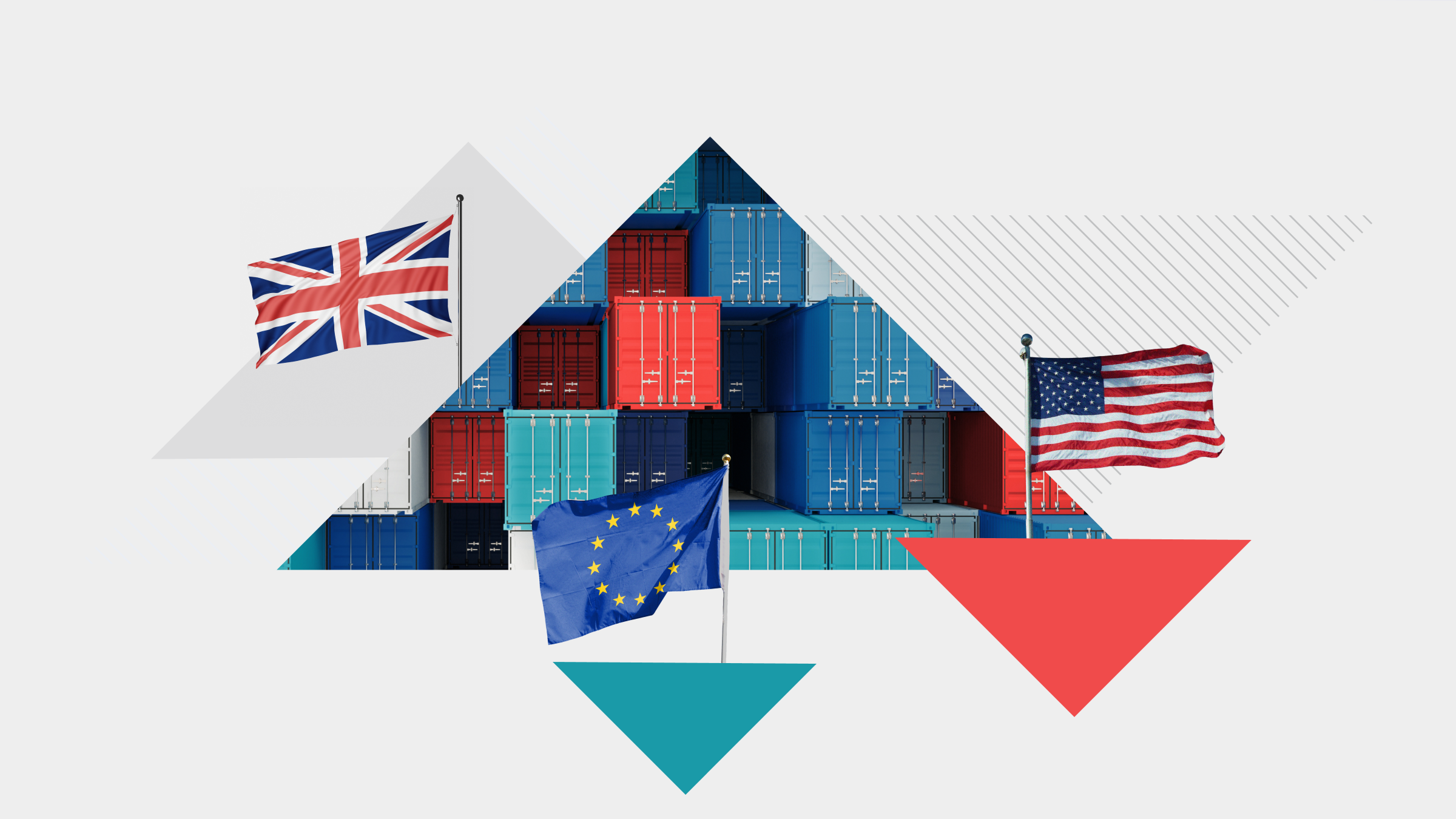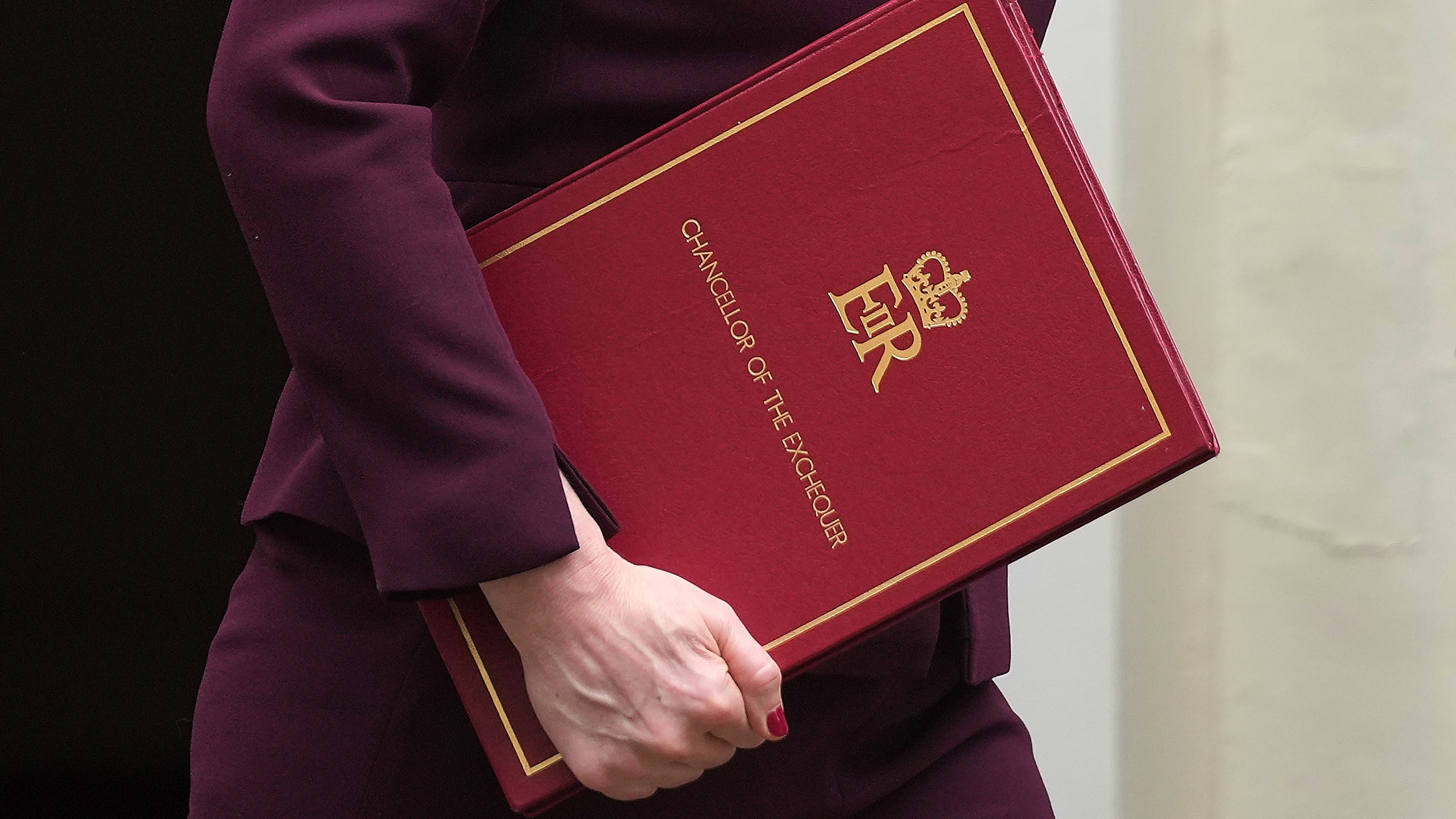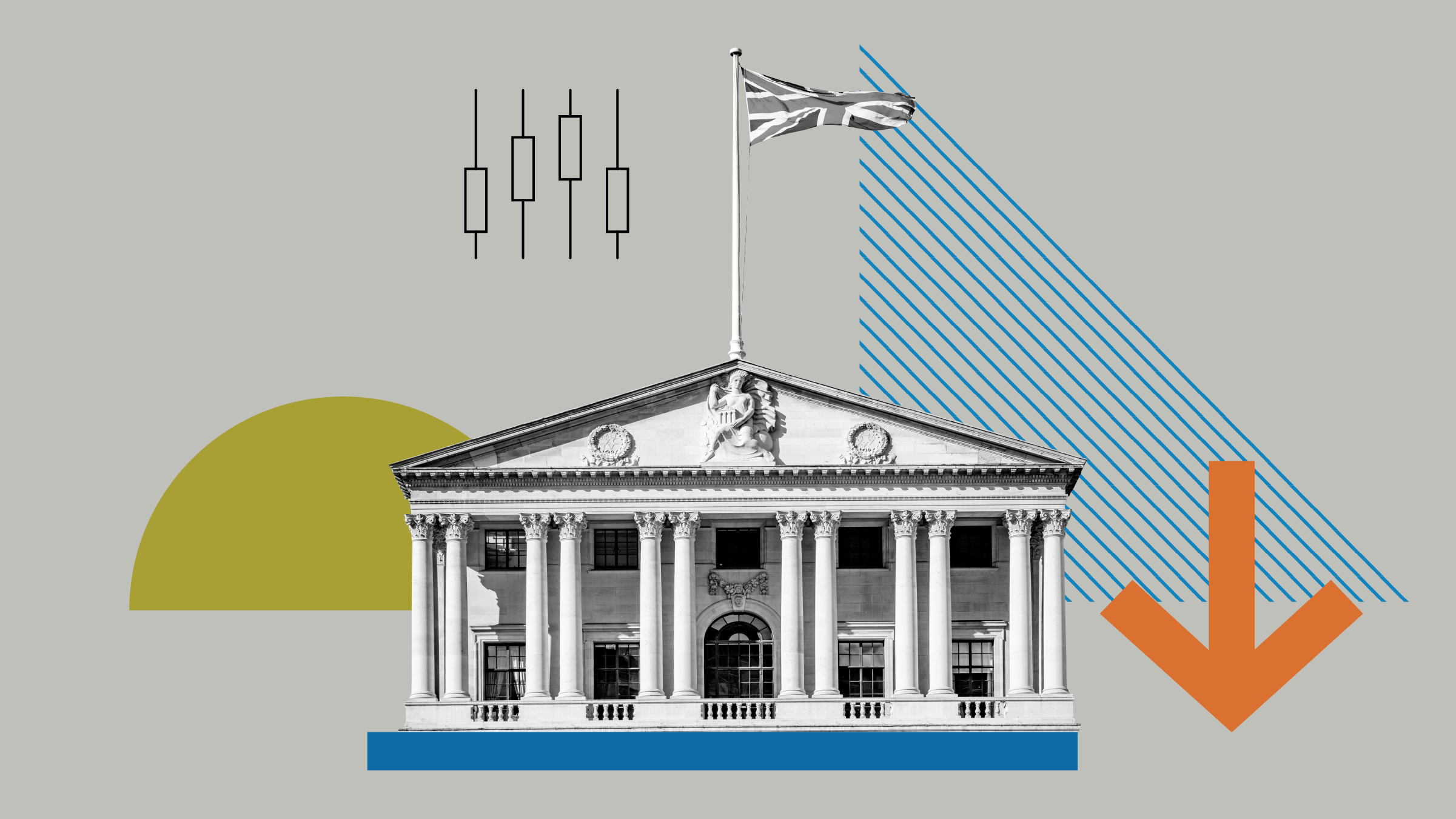
Integrated oil companies such as Shell (RDSB) and Total (FP) present the greatest opportunity among their sector peers, according to Morningstar analysts. These firms are set to reverse years of little or no free cash flow despite significantly lower oil and gas prices as high levels of investment give way to growth and capital restraint.
Four-star rated Shell has a fair value estimate of £32.50, according to Morningstar analysts, above a current price of £24.20 per share.
We expect increased free cash flow from both upstream and downstream operations within the oil sector. In upstream, higher-margin production is to be added at capital costs that are in some cases nearly 40% lower than a few years ago, offsetting much of the impact of lower oil prices. Meanwhile, falls in service costs, standardisation, and simplification combine to reduce the capital intensity of key project areas such as deep-water, shelf, and onshore, creating the opportunity to do more with less.
In downstream, continued strong market conditions combined with earnings growth lead to strong free cash flow generation. This results in financially stronger and healthier companies that can increase dividends and repurchase shares. Importantly, this improvement can occur at our medium-term oil price of $60 per barrel, well below current levels, and in many cases, the market is underpricing the improvement.
Shell's Capital Discipline
With the restoration of its cash dividend, Shell has demonstrated that it has taken the necessary steps to remain competitive in a world of $60/barrel oil. Like the rest of the integrated group, Shell has reduced its cost base, which had become bloated, in part by reducing headcount and improving its supply chain. Furthermore, the addition of BG’s low-cost production reduces Shell’s per-barrel operating cost, which ranked among the highest in its peer group. Shell already reduced operating cost by 20% from 2014 levels and says that potential further reductions are possible in later years.
At the same time, Shell plans to avoid the mistakes of the past, when rising commodity prices resulted in ever-increasing capital budgets, by keeping yearly capital spending between $25 billion and $30 billion until 2020, a 40% reduction from the nearly $50 billion it spent in 2014. The sharp decrease should improve capital efficiency, but should not completely sacrifice growth. While the reduction in spending is in part a function of cancelled marginal projects that are no longer economical, it also results from cost deflation, improved performance, and design standardisation, which have meaningfully improved potential returns and reduced total project spend.
As a result of its collective efforts, including divestiture of capital-intensive low-return upstream and downstream assets, Shell should boost margins and improve returns by 2020, leaving it in a better competitive position. However, while we think it might fall just short of its goal of 10% return on capital, we expect it can realise its $25 billion in free cash flow target with oil of $65.





























